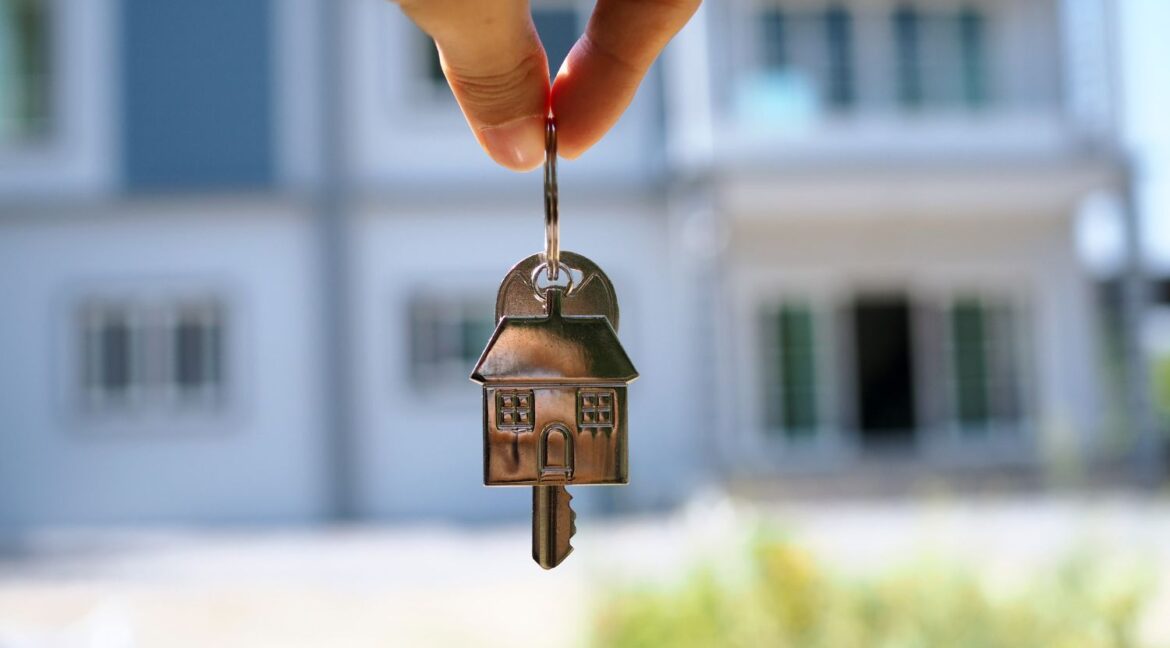Things to Look for When Buying a Home

Buying a home is a great achievement by any standards. If you have decided to take the step to become a homeowner, then there are various things that you should put into consideration to ensure that you buy the best house possible. Needless to say, when choosing the perfect property — there are many things you should look at. Reviewing ALL of the active listings, reviewing the recently sold properties, going over the local real estate statistics — are all things that you should be doing. Many good local real estate websites provide that information — here is an example of a local Wilmington real estate broker site where all of the critical information is on one page. This site focuses on the homes in Wilmington – but you should be able to find something similar for your area. Research the community. Make sure that you don’t just look within that specific neighborhood — find a website that shows all of the most popular communities. Here is an example of a local real estate website that goes into good detail on the local communities — This is for the Boston MA area — but you should be able to find something in your neck of the woods too. That is the basic stuff. In addition, upon finding a home for sale that makes the list, you should look a little deeper to make sure its truly the perfect home. Here is a good checklist of items to dig into when buying a home. Staircase Check to see how long or steep the staircase is before you decide to buy the home. If you plan to grow old in that home or live with an elderly relative then you should avoid buying a home with steep staircases because they can cause you or your loved one health problems. Size of the rooms The size of the rooms should be just right, not too small or too big. When you are viewing the home, try to visualize how you will arrange your furniture into the rooms and whether you think they will fit into the space available. If possible, you should bring measuring equipment with you and take measurements because you might overestimate or underestimate the size of the room and end up buying a home that will not fit your stuff unknowingly. Tips For First Time Homebuyers Kitchen They say the kitchen is the heart of a home. Also, a kitchen remodel can be crazy expensive. Therefore, you should pay special attention to the kitchen before deciding whether or not to buy the house. Find out whether it has a gas stove if you prefer to cook with one. You should also consider the layout, number of sinks, natural light, storage area and its general size. Windows Check to see whether the number and size of the windows are desirable. Look to see if the windows are double insulated — as that will affect your monthly electric bill. Make sure they…




